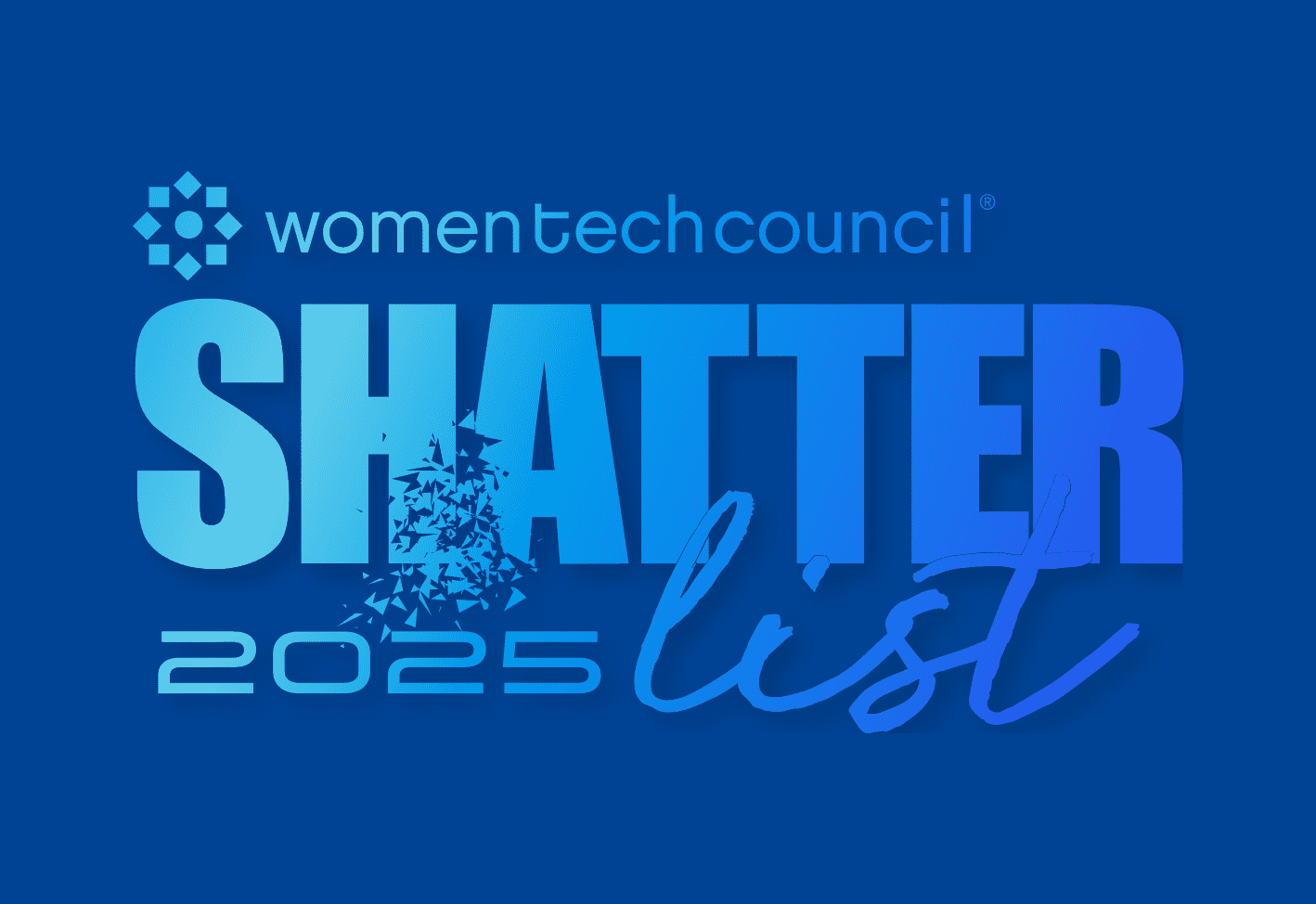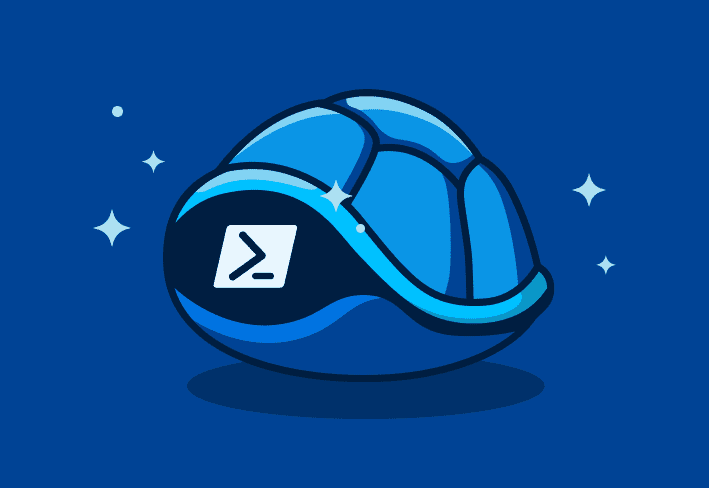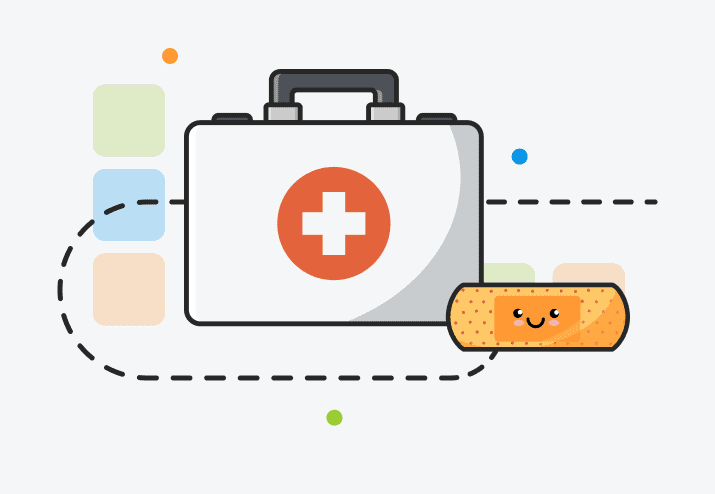Adequately clean and professional outfit? Check. Leftover bits of lunch carefully removed from teeth? Check. Nervous sweats successfully subdued with copious amounts of deodorant? Check. Hiring managers, brace yourselves. A great candidate is coming your way.
But while you’ve done everything in your power to prepare yourself physically, are you mentally ready for the job interview process? Anticipating potential interview questions can help you put your thoughts together ahead of time to present the best version of yourself.
Whether you’re the interviewee or the interviewer, we’ll help you prepare for a productive IT interview.
According to 2023 The State of Sysadmin, over 70% of respondents plan to be at their current job next year. But even if you're not actively anticipating a job change, it can't hurt to brush up on interview questions. You never know when your dream job will come along or you'll be asked to sit on an interview panel.
What are the different types of questions that could be asked in an interview for an IT role?
For the most part, IT job interview questions fall into the same general categories as those for other positions. We’ll break down the common types of questions and share examples of what you might be asked during an interview for an IT role.
You, your background, and your skills
Resume-based questions are standard. Interviewers generally want to explore your background, skills, and interests in more depth to ensure they align with the position. Don’t worry! This is the easy part.
Here are some questions the interviewer might ask:
Tell me about yourself.
What is your greatest strength?
What is your greatest weakness?
How do you deal with stress?
Would you rather work with a team or alone?
Describe your ideal working environment.
What certifications do you have?
How do you maintain your skills?
What operating systems and hardware do you prefer?
What IT tools are you familiar with?
Is technical knowledge or customer service more important?
Do you have work experience managing relationships with software vendors? How do you approach it?
Why are you looking for a new opportunity?
The company and position
Interviews are a lot like dating. As much as ensuring you can do the job, the prospective employer also wants to verify that you’re a good fit in general. If the position doesn’t align with your career goals and preferences, it isn’t right for you or the company.
The interviewer may ask questions like:
How did you hear about the position?
Why are you interested in this position?
Why do you want to work for this company?
What are your top skills as they relate to this position?
What would be your first priority if you’re hired?
Behavioral
A behavioral interview question focuses on how you’ve handled work-related challenges in your previous jobs. This is your opportunity to show how you’ve applied your skills in context. Try to share a specific example rather than focusing on generalizations.
Behavioral interview questions may include:
Tell me about a project you’re proud of. How did you contribute?
Tell me about a recent project you worked on. What was your role?
Tell me about a time when you made a mistake. How did you handle it?
Can you share an example of a time you handled a challenging situation?
Describe a time when you suggested a change. Why was the change necessary? How did you implement it?
How do you troubleshoot issues?
Situational
Situational questions pose hypothetical scenarios so that the interviewer can assess how you would respond to potential challenges. You can also take a behavioral approach by mentioning how you’ve handled similar situations in the past.
Here are a few possible scenarios:
How would you handle it if your team was not achieving goals?
What would you do if you were unsure how to proceed with a project?
What would you do if a project didn’t go as planned?
How would you handle a disagreement with a team member?
How would you [solve a problem related to the specific position]?
Technical questions
Think of technical questions as the trivia portion of the interview. They give you a chance to show that you know your stuff.
If you have the opportunity, consider learning more about the interviewer ahead of time. Your answers with someone who has extensive technical expertise can be much more thorough. If the interviewer is unlikely to understand the nitty-gritty details, you might be better off sticking to broader answers that show your knowledge without overwhelming them, or you might aim to highlight a soft skill.
If you don’t know the best answer to a technical question, try not to panic. You can also walk the interviewer through how you’d solve the problem to show your thought process and analytical skills. No one knows everything, and showcasing your ability to think on your feet could be just as valuable.
An interviewer may ask you questions like these:
What’s the difference between authorization and authentication? Which do you consider more important?
What are the differences between SOAP and REST APIs? Which do you generally think is better?
What is a honeypot? Why would you use it? Do you have experience using it?
What database performance metrics do you monitor most closely? How do you monitor them?
When would you denormalize database design?
Which is better: service-oriented or batch-oriented solutions?
What is the difference between RAID 5 and RAID 6? Which do you prefer?
What is the difference between a hub, a switch, and a router? What are your experiences with them?
What command would you run to return a host’s MAC address?
What are the seven layers of the OSI model? Do you use it for troubleshooting? If so, how?
How many bits are in an IPv6 address?
What does WMI stand for? When do you use it?
Why is documentation important?
What is a transaction log? What are your experiences with transaction logs?
What are the benefits of Agile project management in IT?
How do you ensure consistency?
How should the interviewee prepare for an IT-role interview?
Even the most confident job candidates probably get some interview jitters. While it’s perfectly normal, it can interfere with your ability to interview well. Gathering your thoughts ahead of time can help you combat those nerves, put your best foot forward, and showcase your value to the company.
Research the position
The job description is your secret roadmap to success. It tells you what your potential employer is looking for, so you can also expect that the typical interview questions may focus on similar topics. Read over the job description carefully and consider how you meet the qualifications.
Research the company
There’s no shortage of employers looking for IT staff. So what makes this opportunity special? Understanding the company culture, products, and work environment can help you show that you truly want to work for this company rather than just grabbing the first IT position that falls into your lap. You can also use what you learn to illustrate how you’re the perfect match on all levels.
And if you happen to uncover pain points and suggest potential IT solutions, you may make yourself downright irresistible.
Practice answers to potential questions
Some questions are so commonplace that it would be shocking if the job interviewer didn’t ask them. For instance, hardly a single job interview goes by without the familiar “tell me about yourself” and “why are you interested in this position?” Try practicing good answers to these standards in the mirror to get comfortable.
While it may be tempting to focus exclusively on the topics you’re pretty sure the interviewer will address, don’t neglect the tough interview questions. Trying your hand at some less common, trickier questions can help you prepare for those unexpected curveballs. Never let a difficult job interview question catch you off guard again!
Want to really challenge yourself? Load interview questions into a flashcard app to get used to answering questions on the fly.
Prepare questions for the interviewer
Remember that interviews are a two-way street. While the hiring manager wants to determine if you’re right for the job, you should be trying to decide if the job is right for you. To that end, you may want to ask the interviewer some questions. Here are a few ideas:
What does a typical day look like in this role?
What sort of projects would I be working on?
What challenges would I face in this role face?
What metrics will you use to measure my performance?
What’s your favorite thing about working here?
Can you tell me about the IT team?
Consider your appearance
To an interviewer, your outfit and overall grooming can hint at your level of professionalism. Ideally, your appearance should reflect the image you cultivate in the rest of your interview and not distract from what you have to say.
Don’t forget to consider other aspects that can affect how you appear. For instance, making eye contact, maintaining good posture, and limiting fidgeting can help project confidence.
If you’re doing a video interview, also take into account your background. No one needs to see a pile of laundry or a sink full of dishes. We all have the occasional mess, but diligently hiding it can show that extra attention to detail. Similarly, maybe skip your standard Millennium Falcon cockpit Zoom background until you know the team well enough to trust that they share your good taste. A clear wall or tidy office space is ideal.
How should the interviewer prepare for a tech role interview?
Interviews can be just as stressful for interviewers as interviewees. Particularly if you lack an extensive technical background, hiring for an IT role can seem especially daunting. But with the right groundwork, you can conduct an interview that’s smooth and painless for both you and the job seeker.
Review the job description
Take a few minutes to reacquaint yourself with the job description. Even if you wrote the thing, you might not remember exactly what it said. For IT positions, you may also need to look up a few common terms for a clearer idea of what the position does.
Consider what you’re looking for in a candidate
What are the qualifications for the role, and what character traits would be ideal for the position? Understanding what you hope to find in a candidate can help you focus your line of questioning to better assess the critical skills and traits.
Research the candidate
Familiarize yourself with the candidate’s resume and LinkedIn profile so that you can use your time together to delve more deeply into their experience and how they’d fit in the position. You might also consider visiting the website of their most recent employer for a clearer understanding of their current role. Jot down notes on the candidate to use as a quick reference guide.
Select questions
Keeping in mind the requirements of the role and the candidate’s qualifications, craft a list of potential questions. You may also want to coordinate with other interviewers to avoid unnecessary overlap. You might select your highest priority questions or just keep the full list and see where the mood takes you.
While having questions ready is undoubtedly helpful, don’t be afraid to pivot. After all, a good interview is a conversation and not an interrogation. Just make sure to keep the questions focused on the job at hand and avoid any illegal interview questions.
Be prepared to pitch your company
In a hot job market, you can bet other companies are interested in your best candidates. That makes your job as an interviewer equal parts ensuring the candidate is right for the position and convincing them that your company is a good place to work. You might need to deliver a quick elevator pitch on the job, team, and/or company. Remember that the interviewee may also have questions about what it’s like to work for your company, so be ready to discuss the specifics as well as your personal experiences.
Looking for more ways to ace your IT interview? Brush up on the latest IT buzz with the PDQ blog and YouTube channel to get new fodder for the small talk portion of the interview. For more on becoming a sysadmin, check out what sysadmins wish they knew ahead of time.
Better yet, why not just save yourself some hassle, get the dream job, and finally stop interviewing?





